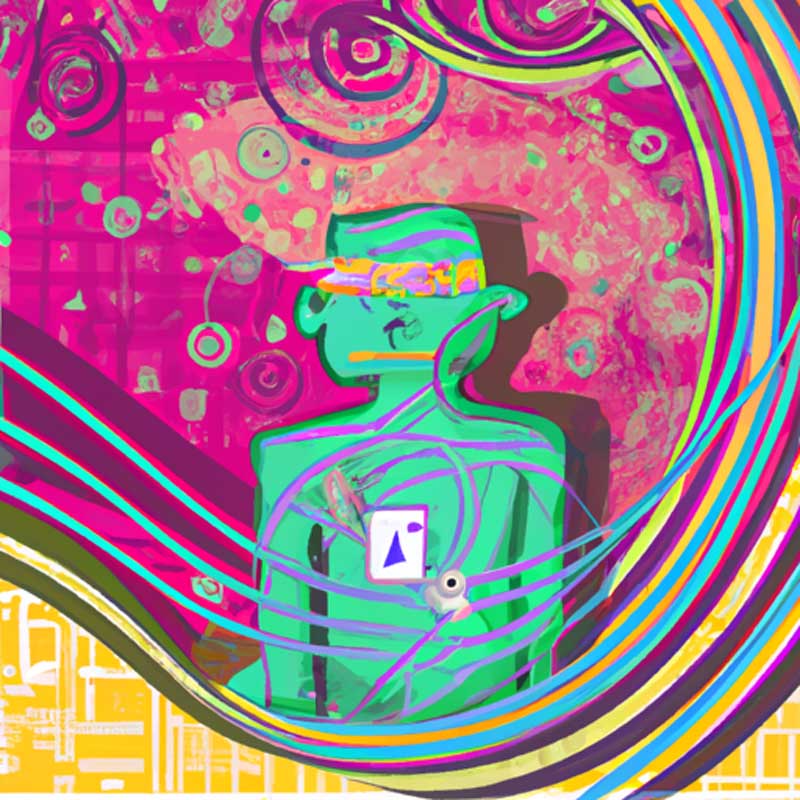The Northeastern University scientists have built an AI system called “Life2vec” that can predict patterns of a person’s life, including how long they will live, with surprising accuracy. Life2vec is an AI language model that was trained on a large database maintained by Statistics Denmark, which contains detailed information on 6 million citizens. The researchers tested Life2vec’s predictive abilities and found that it was able to accurately predict whether a person was extroverted, whether they were likely to emigrate, and even approximately how long they would live. The AI system got it right nearly 79% of the time when asked to pick which of 100,000 people had lived and which had died. The researchers are not entirely sure how the AI is able to make these predictions but believe it may be based on factors such as career choices and family relationships. However, it is important to note that Life2vec’s predictions are currently limited to Denmark and would need to be trained on data from other countries to produce accurate results elsewhere. The researchers suggest that predictive AI could be used by scholars and governments to evaluate the impact of social policies and to provide targeted support to individuals who may need it. However, there are ethical concerns surrounding the use of AI prediction systems, as they could potentially lead to harmful consequences if used incorrectly or without proper oversight.
